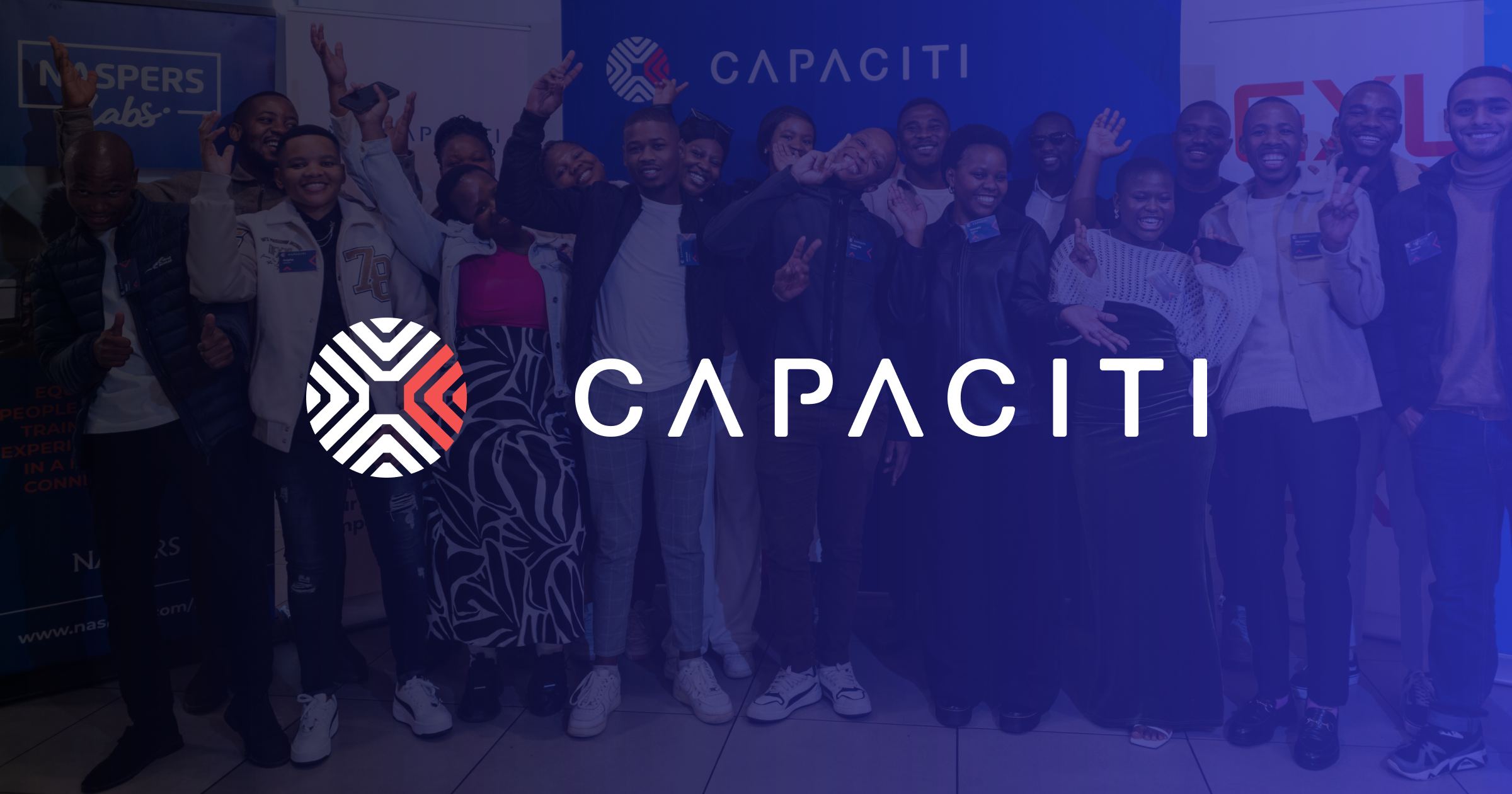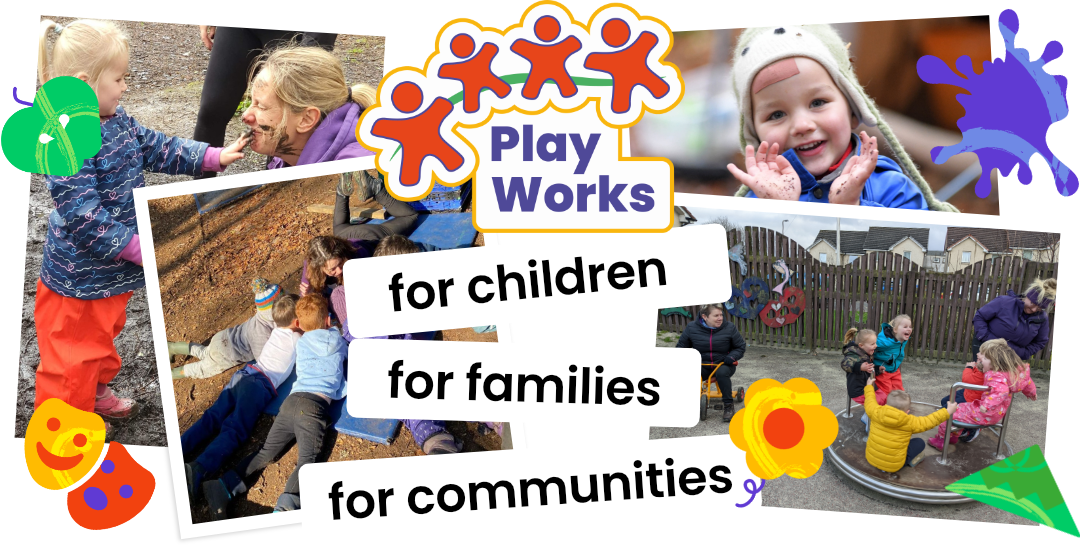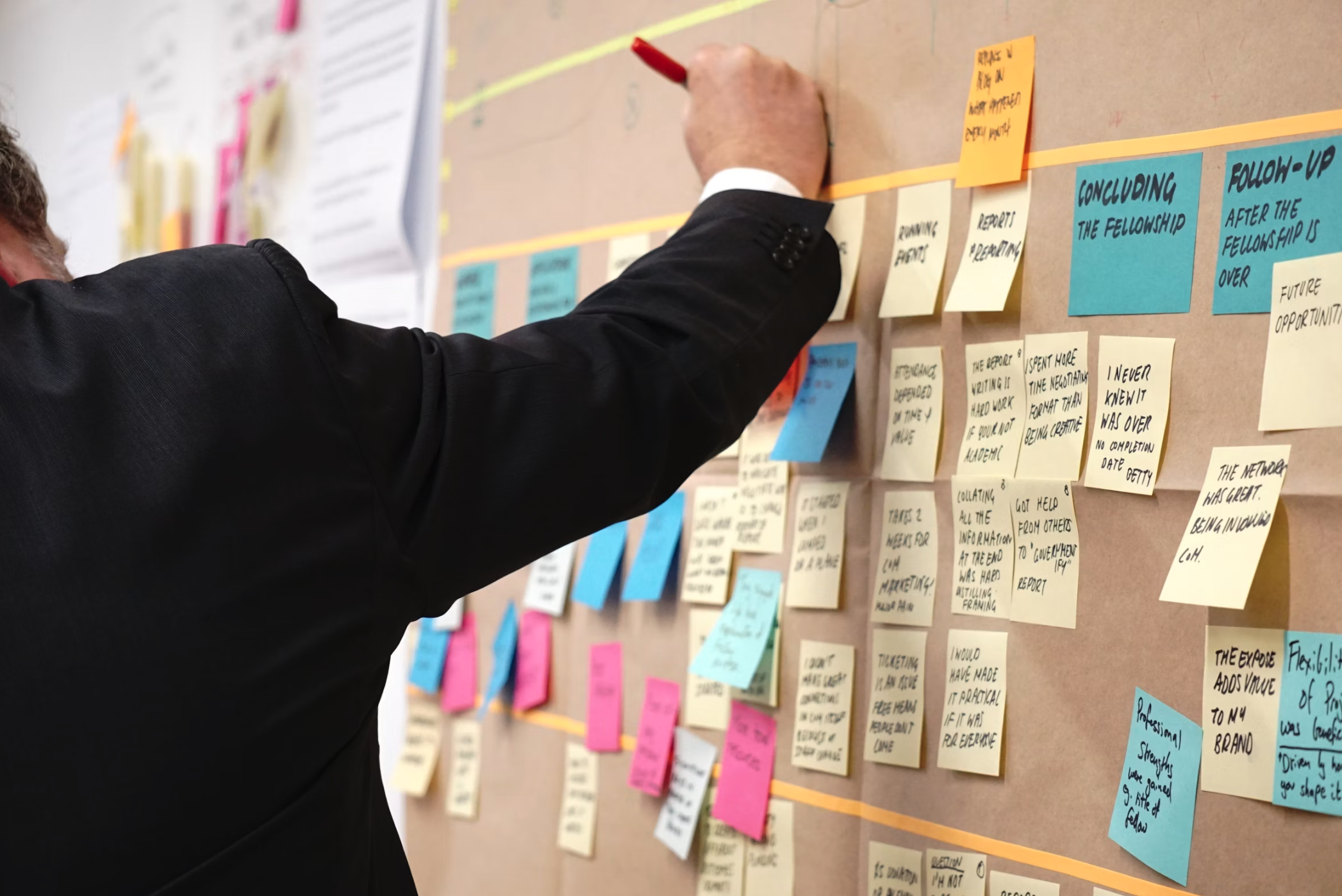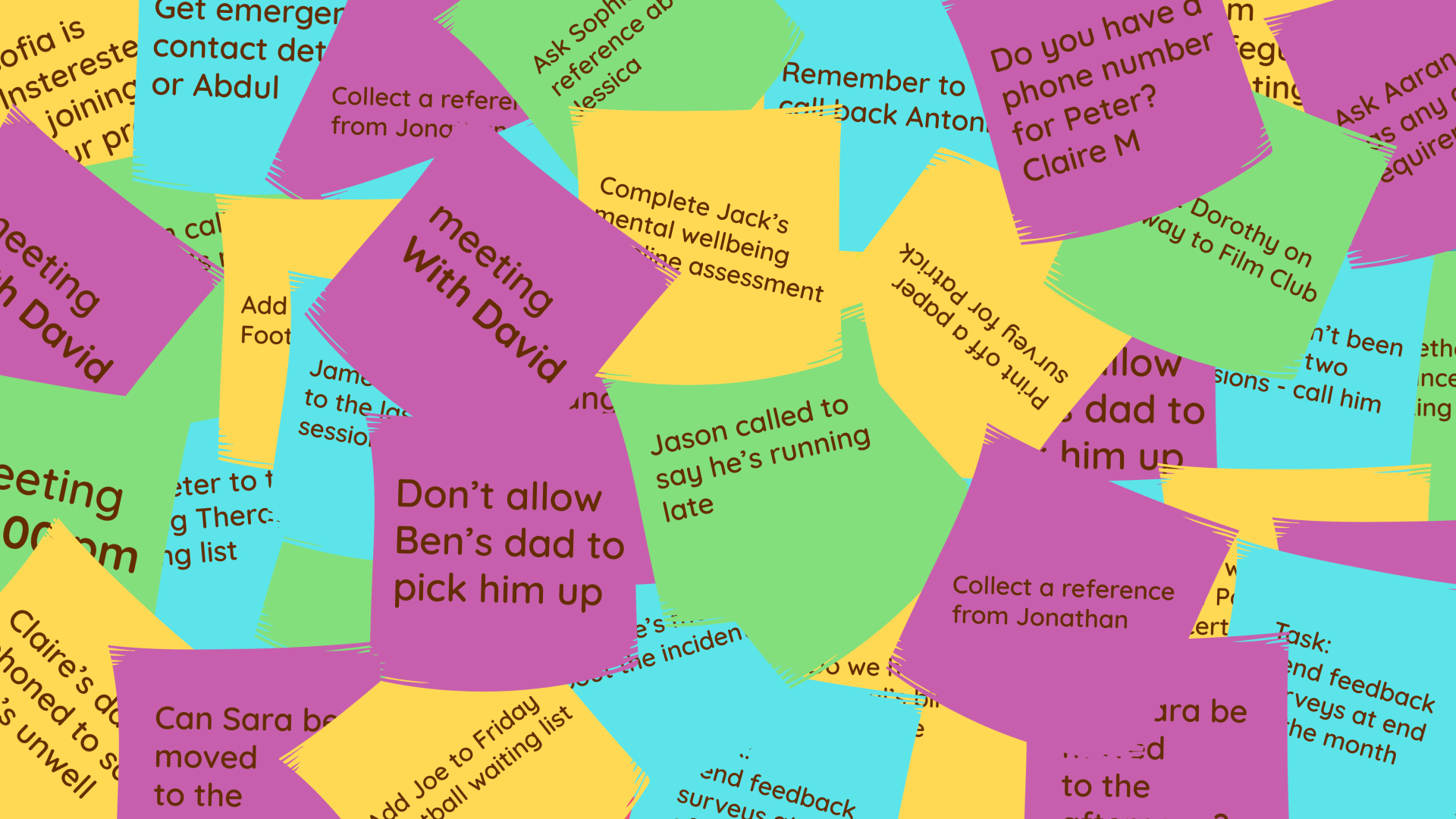When funders ask for evaluation and your programme runs on Post-its and Excel, the gap can feel overwhelming. Here’s a practical playbook, drawn from a recent conversation with a disability-cycling nonprofit, for turning everyday delivery into credible evidence without drowning your team.
1) Treat evaluation as part of delivery, not a separate event
Funders increasingly ask for pre-, mid- and post-programme evidence. If you collect everything at the end, you’re forced into a mad dash for case studies and spreadsheets which means you miss the chance to improve along the way. A lightweight rhythm works better: capture a short baseline at initial registration, a check-in midway and a brief followup at the end. Keep each touchpoint tiny (3–5 questions) so staff and participants can complete them in the moment whether that's in the field, at the cycling track, in a session or on a tablet on the bus on the way home; rather than several weeks later when people might have forgotten what happened.
.gif)
2) Design for accessibility and carers from day one
In disability sports (and many community services), not everyone can complete forms independently. Carers often register groups who share the same address and contact details. If your system forces them to retype the same information six times, completion drops and data quality suffers. Build flexible signup forms that let a referrer add one set of shared details (such as Organisation, Address, Key Contact) and then quickly submit multiple participants with just the essentials (Name, Support Needs). Use plain language and mobile/tablet-friendly layouts so staff can capture what matters in the moment rather than later on.
3) Put safeguarding at the centre of communication
WhatsApp groups are often used to send updates to participants. But they also expose participants' phone numbers (a potential data protection problem) and blur personal–professional boundaries (if your colleagues use their personal phone numbers). A safer way to manage communications is with centralised two-way messaging via email and SMS that sits within each participant's record in your CRM. That way you can still send those crucial reminders (“Your coaching session is at 10:00 tomorrow”) and receive replies but without anyone on your team needing to disclose their personal phone number. This gives you a clean, searchable, auditable history that reinforces safeguarding and also protects staff wellbeing.
4) Monitor your assets
For a cycling nonprofit, a sticker on a bicycle that says 'broken' isn’t just a maintenance note, it’s a barrier to participation. Equipment status, volunteer availability and session capacity belong in the same system as your outcome data. When operations and impact sit together, you can evidence why outcomes improved (“90% of bicycles roadworthy by week 3 → attendance up 27%”) and spot the practical fixes you need to make (e.g. "Book a volunteer to fix these 5 broken bikes on Tuesday").

5) Make data feel rewarding for staff and participants
If evaluation feels like extra admin, it will always slip. Short feedback loops change behaviour: an automatic “thanks for coming, here’s your next session” text; a facilitator seeing their group’s confidence score go up after a great week; a volunteer receiving a friendly nudge when someone hasn’t attended in a while. When people feel the value, they contribute more data - which improves both learning and reporting.
What the future could look like (you can set this up in minutes on Makerble):
- A single contact list with profile photos and consent flags (no more scattered spreadsheets).
- One flexible signup form that captures referrer + multiple participants without duplication.
- A session register with attendance and quick observations (notes, photos, short video clips).
- Three micro-surveys: baseline at registration, mid-point pulse, end-point outcomes.
- Dashboards showing attendance trends, key outcome shifts and demographics.
- Centralised email/SMS with templated reminders, logged per participant for safeguarding.
- A simple asset log (e.g. for bike status), so operations isn't an afterthought.
The outcome isn’t just a better report; it’s a better way of working.
When evaluation sits inside delivery, your team gets faster feedback, participants feel seen and trustees, funders and managers have the evidence and reports they need before the deadline arrives. Meeting funder requirements - pre/mid/post outcome measures, case studies, demographics - without the late-night scrambles or risky workarounds is possible. And most importantly, when you get this right, you stay true to your mission and help people experience the joy and freedom your service was set up to provide.
Makerble is an all-in-one platform that helps nonprofits, social enterprises and community programmes track their impact and stay organised. It brings together CRM, surveys, outcomes, events and reporting so data collection becomes part of everyday delivery rather than an extra task. With flexible accessible signup forms and automatic reporting dashboards, Makerble makes it easy for small teams to turn everyday actions into clear evidence of change. Book a demo to learn more.













.jpg)
.jpg)








.png)


.png)






.png)

%208.png)



.png)






.png)

